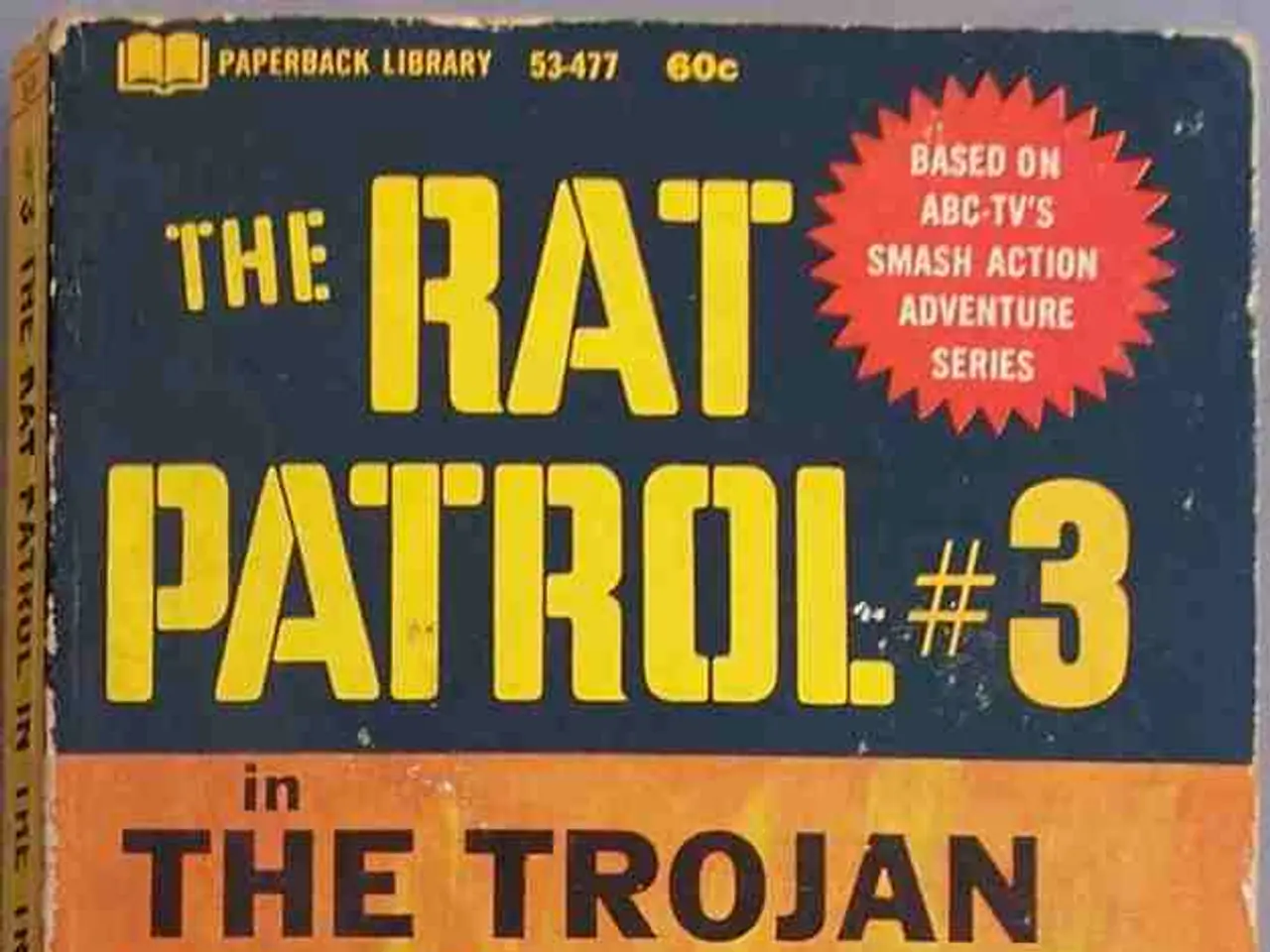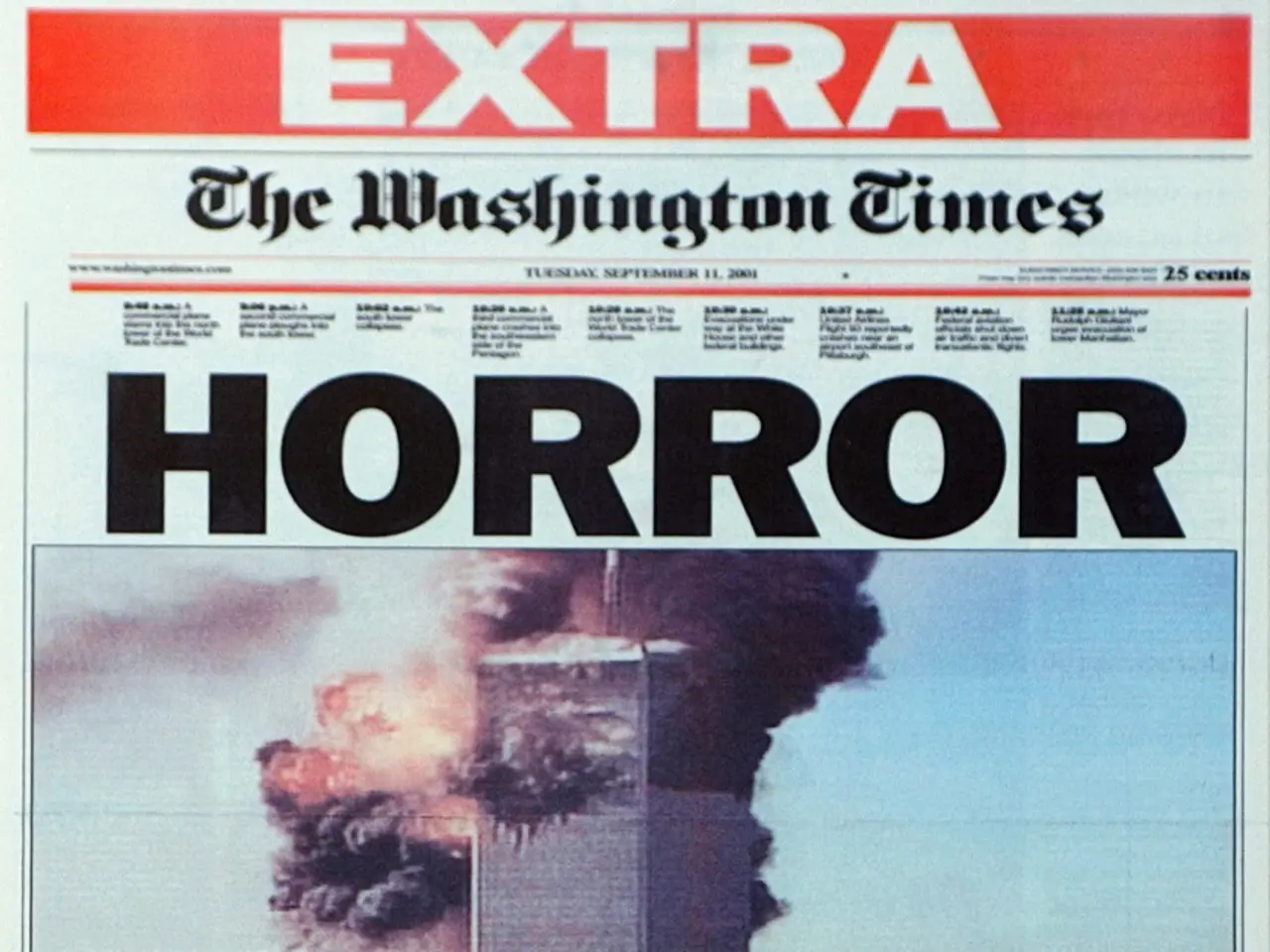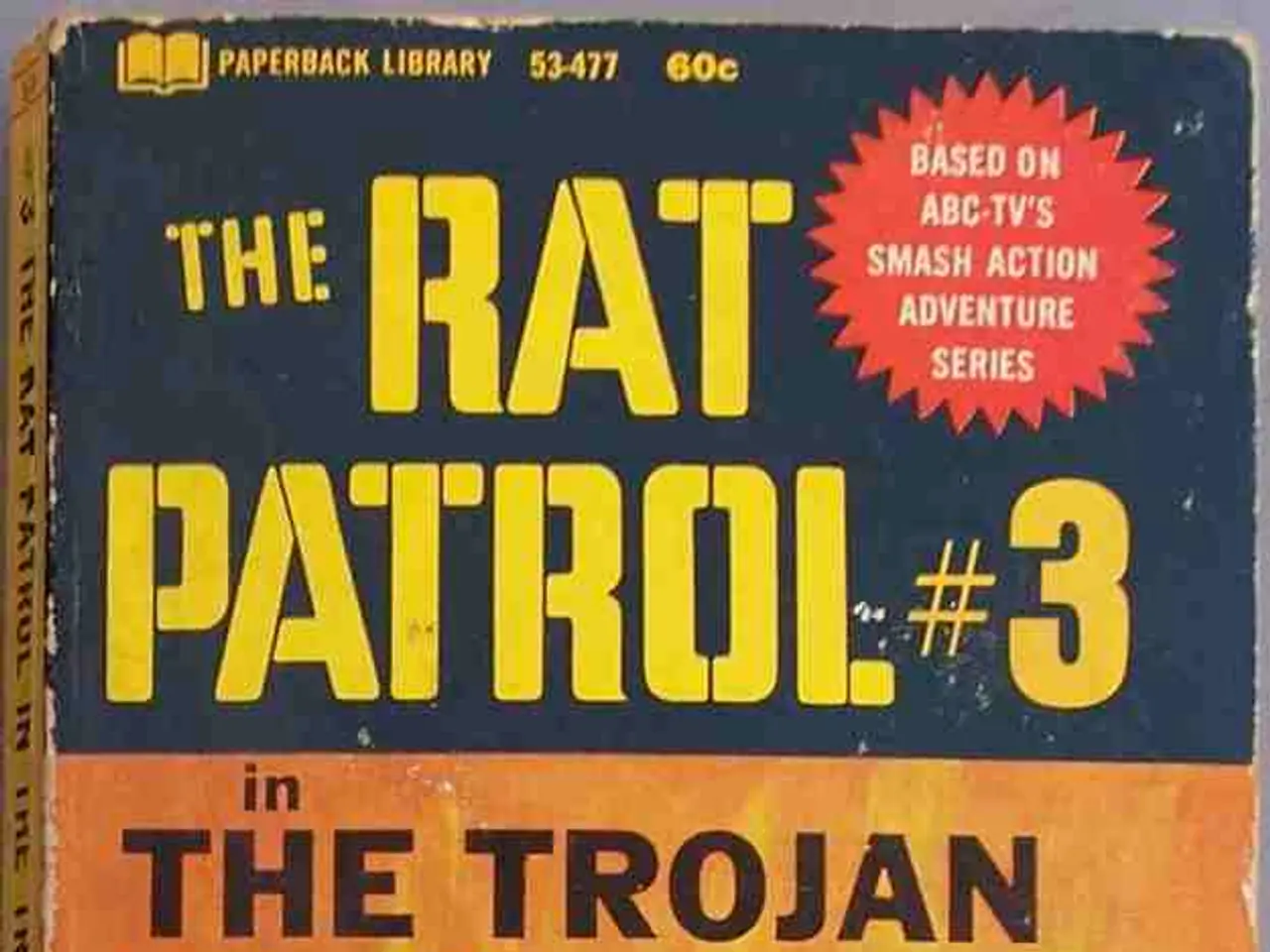Dancing with Fire: Russia's Potential Role in Iran's Conflict with Israel
Possibility of Aid from Moscow to Iran? - Potential Aid from Moscow to Iran?
Curious about Russia's potential play in Iran's brewing war with Israel? Well, let's delve into the hot topic that has everyone whispering in Moscow's hidden corners.
Lately, the question on everybody's lips is whether Putin might sway the scales in Iran's favor. But Russia's big boss, Vladimir Putin, has so far kept his cool, acting as a shadowy mediator rather than lighting the fuse of an all-out conflict. Unless you're counting Donald Trump as your ally, that is.
Although Moscow isn't enthused about starting a new war, they do have a soft spot for oil, especially if the price keeps rising. And what better way to boost the ol' war chest than to profit from the chaos? Plus, any distraction from Russia's attacks against Ukraine is always welcome.
But it's not all puppy love between Russia and Iran. Moscow is taken aback by Israel's heavy-handed approach and Iran's poor preparedness, hinting at a level of disappointment over the lack of solid support so far.
Fyodor Lukyanov, Moscow's top expert on foreign policy, isn't holding his breath for a real-deal military intervention from Russia, but insists on the possibility of military-technical and diplomatic backing instead. After all, Moscow's main priority remains the war in Ukraine, where Russia is already dug in.
Just like a loyal dance partner, Russia uses Iranian drone designs in its attacks, but don't expect a dramatic lift or twirl from the Moscow-Tehran duo. It's all about the botched steps and slow dance for these two. But things could get messy if Putin strikes a deal with Trump that leaves Iran twisting in the wind while Ukraine awkwardly steals the spotlight.
It's not all doom and gloom for Iran, though. They've got Alireza Noori, an Iranian political scientist, who's hoping against hope that Tehran and Moscow can stick together in the face of conflicts. But the expert's not blind to the main problem plaguing Iran-Russia relations – it's all about the mood between Moscow and Washington. And as for Iran, they're keeping a close eye on that little dance between Putin and Trump.
The question remains; is Russia shifting its focus from Iran to curry favour with Trump, or is it all just a clever dance of intrigue?
- Iran
- Russia
- Moscow
- Israel
- Vladimir Putin
- Tehran
- Ukraine
- Partner
- Middle East conflict
- Donald Trump
- Fyodor Lukyanov
- Conflict
- Kremlin
- St. Petersburg
- US President
- Oil price
- Drone
Enrichment Data:
Russia's potential involvement in the Middle East conflict hinges on military, diplomatic, and economic strategies, with possible repercussions for Russia's ties with both Israel and the United States.
Russia's Tango with Iran
Military Strategies
- Despite signing a strategic partnership accord in 2025, Russia rejected establishing a mutual military pact with Iran, meaning no automatic military aid obligations[1][2].
- Russia has supplied Iran with defense equipment in the past, such as aircraft, electronic warfare systems, and air defense systems like the S-400 surface-to-air missile system and Su-35 fighter jets, but these have not given Iran a decisive edge against Israel[2][3].
- With Russia's ongoing conflict in Ukraine, a direct military intervention on Iran's behalf appears highly unlikely[2].
- Russia's military support appears to be limited to weapons sales and enhancing Iran's defensive capabilities rather than direct involvement.
Diplomatic Strategy
- Russia positions itself as a mediator in the Israel-Iran conflict, using international forums like the UN Security Council and the International Atomic Energy Agency to promote positions favorable to Iran[1].
- Moscow has criticized Israel's actions in Gaza, mirroring Iran's stance, and supported ceasefire resolutions, offering diplomatic backing to Iran[3].
- Russia maintains contact with Israel, exemplified by Putin offering mediation talks with Israeli Prime Minister Netanyahu[1].
Economic Strategy
- Russia and Iran have been expanding economic cooperation, increasing bilateral trade to around $5 billion by 2022, and working on alternative financial systems to thwart Western sanctions affecting both countries[3].
- The conflict has boosted oil prices, resulting in increased income for Russia, indirectly financing its broader military operations in Ukraine[2].
- Economic collaboration is likely to deepen as both countries face isolation and sanctions pressure.
The European Parliament, amidst the ongoing war-and-conflicts and policy-and-legislation discussions, has expressed concern over the European Union's role in the fight against terrorism, particularly in relation to Russia's involvement in Middle East conflicts, such as the one between Iran and Israel.
In a Parliament resolution on the Commission communication on the European Union's role in the fight against terrorism, the European Parliament emphasized the need for strategic diplomacy to manage the political implications of Russia's military, diplomatic, and economic strategies in the region. This resolution underlines the importance of maintaining the EU's unity and coordination in addressing terrorism and conflicts, as well as promoting democratic politics and general news awareness among its member states.







